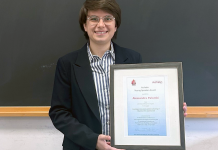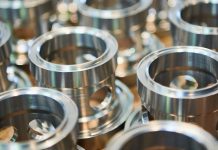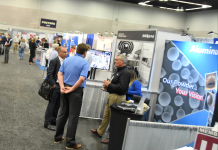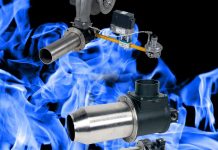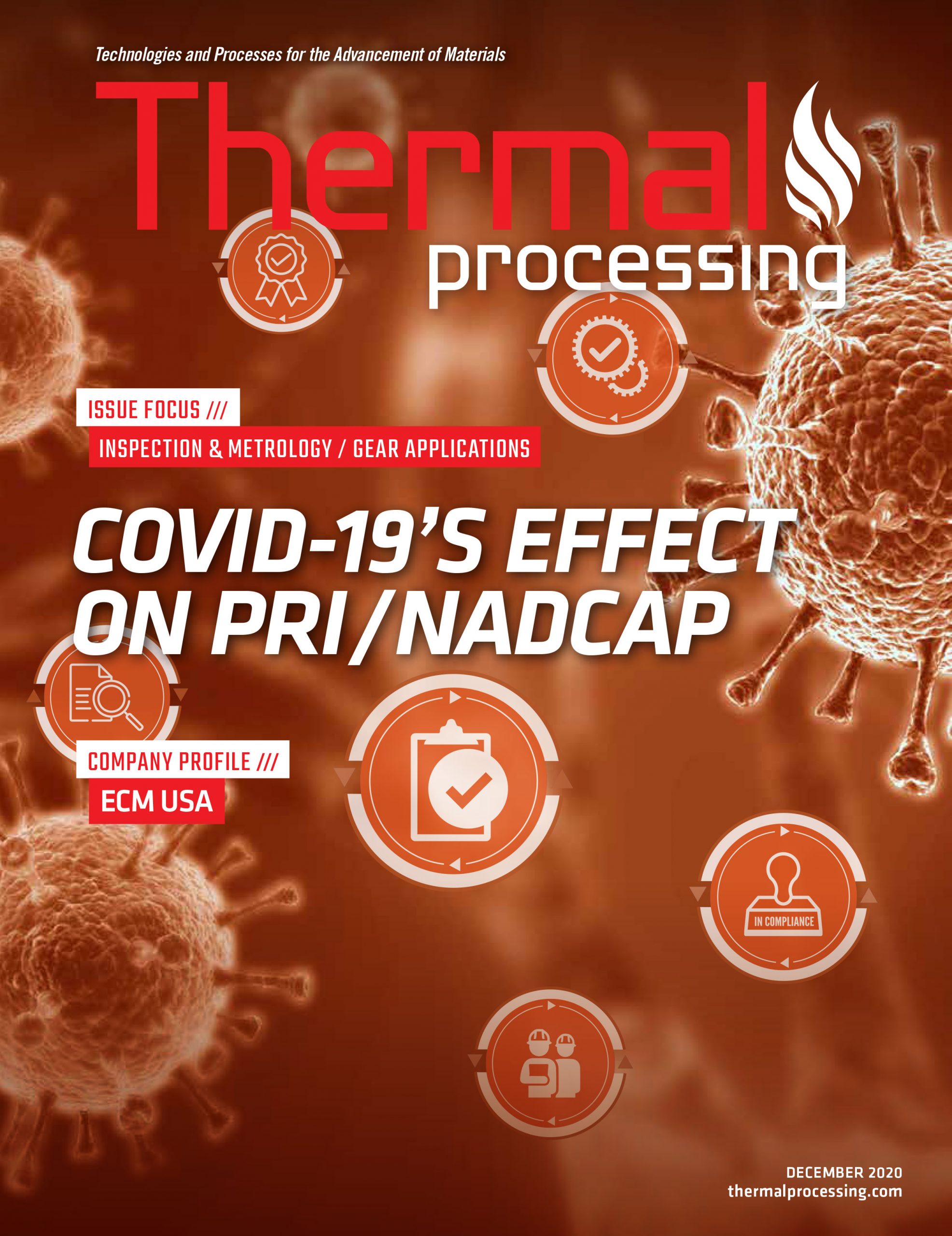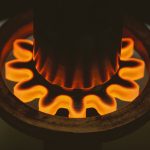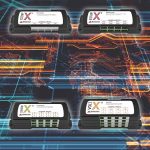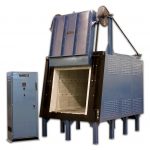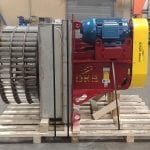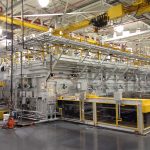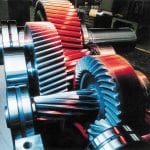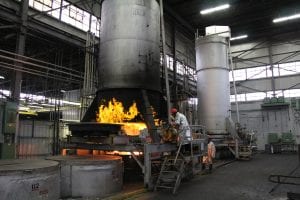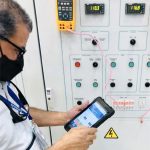When ECM USA General Manager Dennis Beauchesne first started at the industrial heat-treat supplier, he would only see one or two cars on the road with a few parts processed with ECM’s equipment.
Now, more than 20 years later, that number of vehicles has grown exponentially.
“I can go down the road on any street in the U.S. today, and I would say there’s a 90 percent chance that the car that passes me has parts in it that were processed on our equipment,” Beauchesne said.
Processing parts for dozens of automobile companies — including the Big Three — is quite the accomplishment for a company that started out in France with about 30 or 40 employees.
Although ECM started in 1928, it really jumped into the heat-treat game in 1964 building vacuum furnaces.
“We started vacuum carburizing, and that’s when we decided we required subsidiaries — until then, they were a pretty small company,” Beauchesne said. “Then we started building low pressure carburizing furnaces for a lot of the large automotive companies — Fiat, Chrysler, Ford, GM. And then, of course, Tier 2 companies like Bodycote for heat treating and GKN, Axle Alliance, those kinds of companies, for systems. We grew from a single vacuum furnace kind of company, where we had standalone vacuum furnaces, to today, where we’re into large-scale production, multi-chamber production, low-pressure carburizing, and automation. Now we’re expanding into robotics along with advanced automation and vacuum furnaces.”
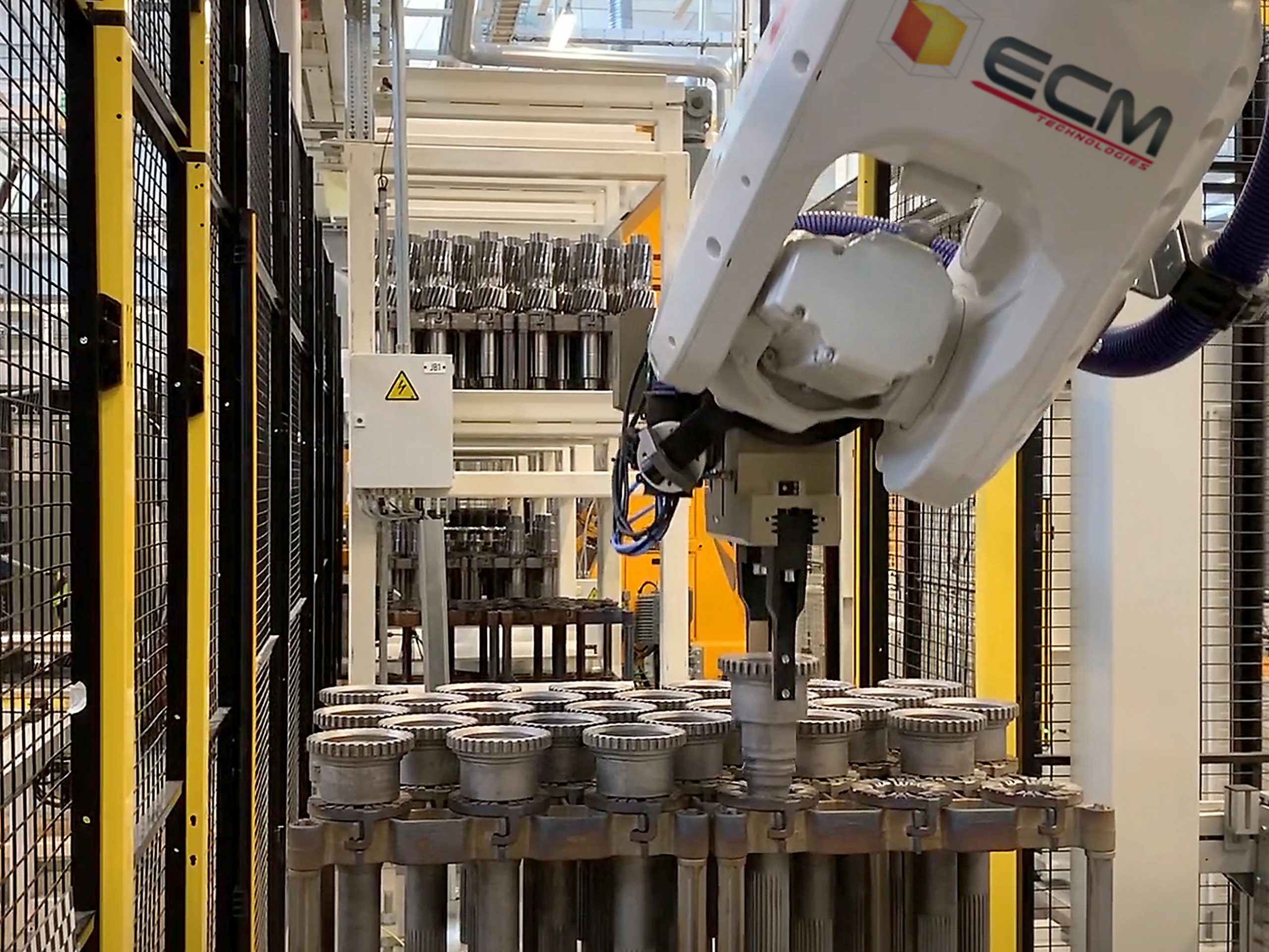
Wide range of products and services
Customers who come to ECM USA for their heat-treat needs will find a gamut of products and services, including vacuum furnaces that range from single chamber systems used for brazing, vacuum annealing, hardening, and gas quenching from 2 to 20 bars, but also equipment for specialty processes such as vacuum carburizing, vacuum induction melting, and a process called vapor phase aluminization (VPA), according to Beauchesne.
“All of these pieces of equipment can be of small to large-scale or high-production type of equipment that can be equipped with specialty automation and robotics, so we can take a single piece all the way into a complete assembly,” he said. “We’ve integrated some high-temperature sintering furnaces along with robotics for ceramic applications. I would say, if it’s vacuum, high temperature, and there’s automation involved, that’s really our business.”
Being able to supply so much to its customers is something Beauchesne said is essential to ECM’s success in the heat-treat industry.
“We want to be a one-stop shop,” he said. “We’re not just here to supply vacuum furnaces and some automation; we’d like to also help the customer with all the fixturing that goes along with it, the water systems that they need, just a full supply. We don’t like to go to the customer and say, ‘Well, that’s on you. You have to get that part of it. Here are the specs we need, you make it happen.’ We’d like to help the customer along with everything.”
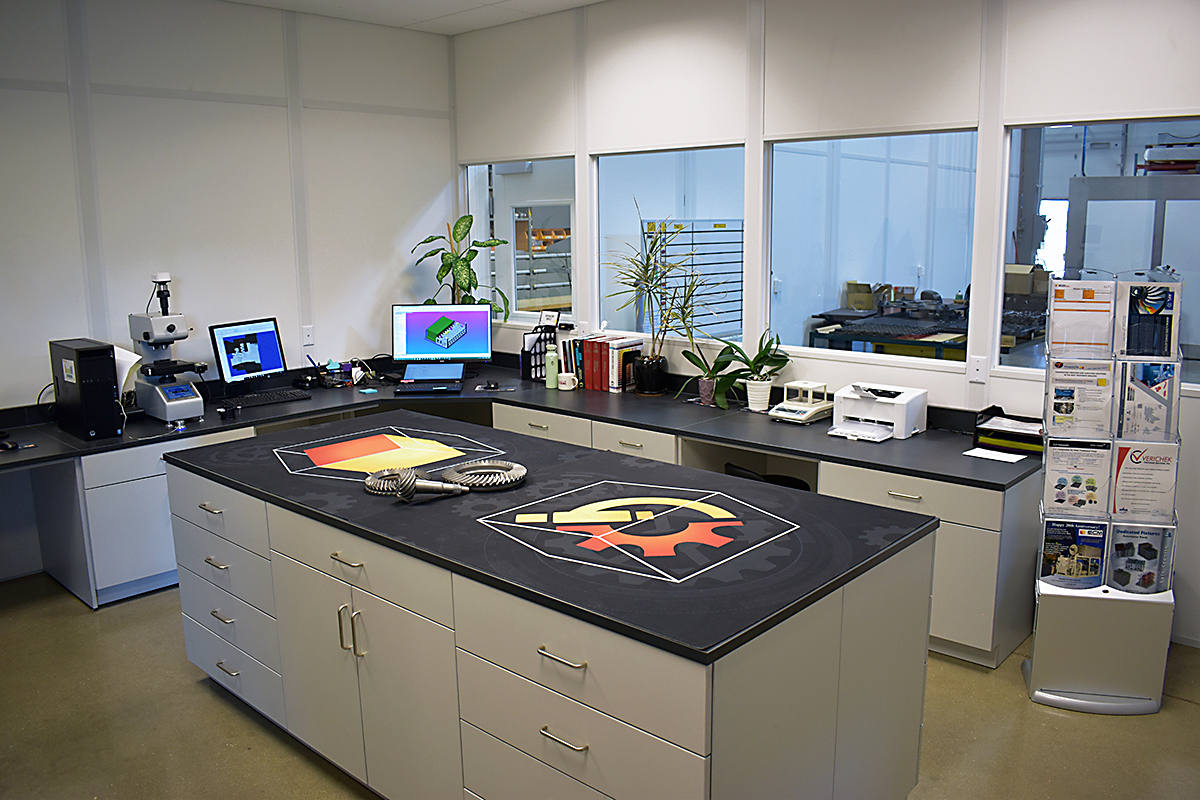
Automation
Automation has been a key component of ECM’s products and services for the last 25 years, according to Beauchesne.
“If the customer gives us a full load of parts — maybe 100 or 200 parts already built or maybe somebody manually built the load — then we can handle the load all through our system,” he said. “Usually, we have a few processes within the range of our equipment, like washing or pre-oxidizing before it goes into our vacuum equipment to do a vacuum hardening or a low-pressure carburizing, and then we’ll have tempering. What we would do is provide roller conveyors and chain conveyors that would convey the load through all those processes where they would come out so the customer could break down that load again into single pieces to get them through the rest of the plant.”
For the last two years, ECM has been working with its customers on a robot that could be integrated into a single piece flow, according to Beauchesne.
“We have a new system called the Nano — which is a smaller load — and it will integrate very easily into single-piece flow lines, because that’s where we see a lot of production going to: a single-piece flow with a higher quality on each piece, rather than having a larger load with marginal quality from one corner to the other of the heat-treated load,” he said.
These are just some of the innovative achievements being developed to help customers, and Beauchesne said ECM is prepared to help customers no matter their knowledge base.
“Often, the customer has a specification on the parts they want to do, but we’ve also had customers that don’t have a good understanding as to where they need to go with the thermal cycle,” he said. “In both cases, we would evaluate the part and evaluate the process that they know and give our experienced opinion to help get to a starting point.”

Synergy Center
A special feature that ECM offers its customers is the Synergy Center, located within their Wisconsin headquarters, where testing can be done before a customer commits to equipment and applications, according to Beauchesne.
“Basically, we were already doing testing for different customers,” he said. “And so, we formalized it to synergize with other suppliers in the heat-treat industry, like fixtures, water systems, carbon fiber, and other lab-equipment. In the Synergy Center, you can not only talk about vacuum furnaces and the application of heating and processing, but we can also talk about the other peripheral equipment to take care of the customer.”
Once ECM starts working together with a customer, the process can take several paths, according to Beauchesne.
“Typically we would look at an hourly fee for the Synergy Center or the furnace time needed to process the testing — if it’s a test that we are familiar with and that we understand — then we’d give them a price,” he said. “Or if they are looking for a package of testing and a furnace purchase then we would do a few tests for free.”
From there, ECM would develop a test matrix that would lay out the best business plan for the customer moving forward, according to Beauchesne.
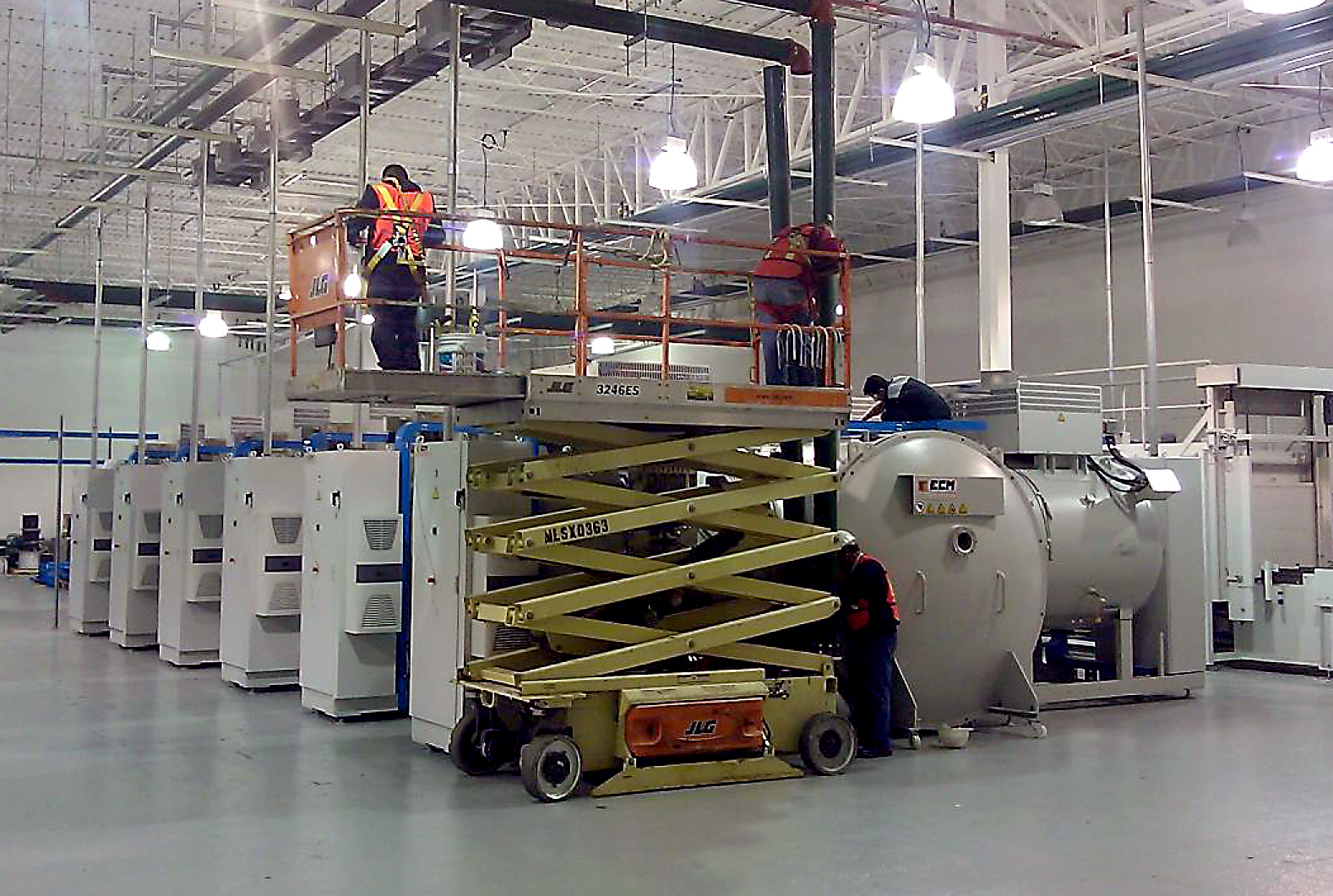
“That’s pretty much how it is; it’s first, one or two tests, and then we go to a test matrix,” he said. “At the same time we’re doing that, we’re talking to them about their production needs: How does it fit into the plant? How much workspace do they have? What is the production requirement for that particular part? Where is it going to be in the world? Is it Mexico; is it Canada; is it the U.S.; is it Europe? Is it robotically loaded? Does it have to run on the weekends? We then can help them out with any of those application and production questions, and ultimately fit the process into their production needs. We’re not just trying to supply a piece of equipment where you plug it in and make it work. We look at the whole picture of their production in order to get a part out the door.”
All of these considerations are important when a customer is looking for a supplier that can do it all, according to Beauchesne.
“They want someone that doesn’t just supply a furnace and doesn’t just supply a robot or a piece of automation,” he said. “We have a lot of customers that we’re working with that want to bring heat treating in house. They don’t want to send it out anymore.”
Part of that means acquiring a furnace and trying to figure out how to make it work, which means a company will need the expertise necessary to understand the metallurgy, provide the equipment, provide the after-sale support, and where they can present a part and then get a heat-treated part back, according to Beauchesne.
“That’s the kind of customer that we see happening in the heat-treat business, and also the kind of customers that ECM is gearing up to serve,” he said.
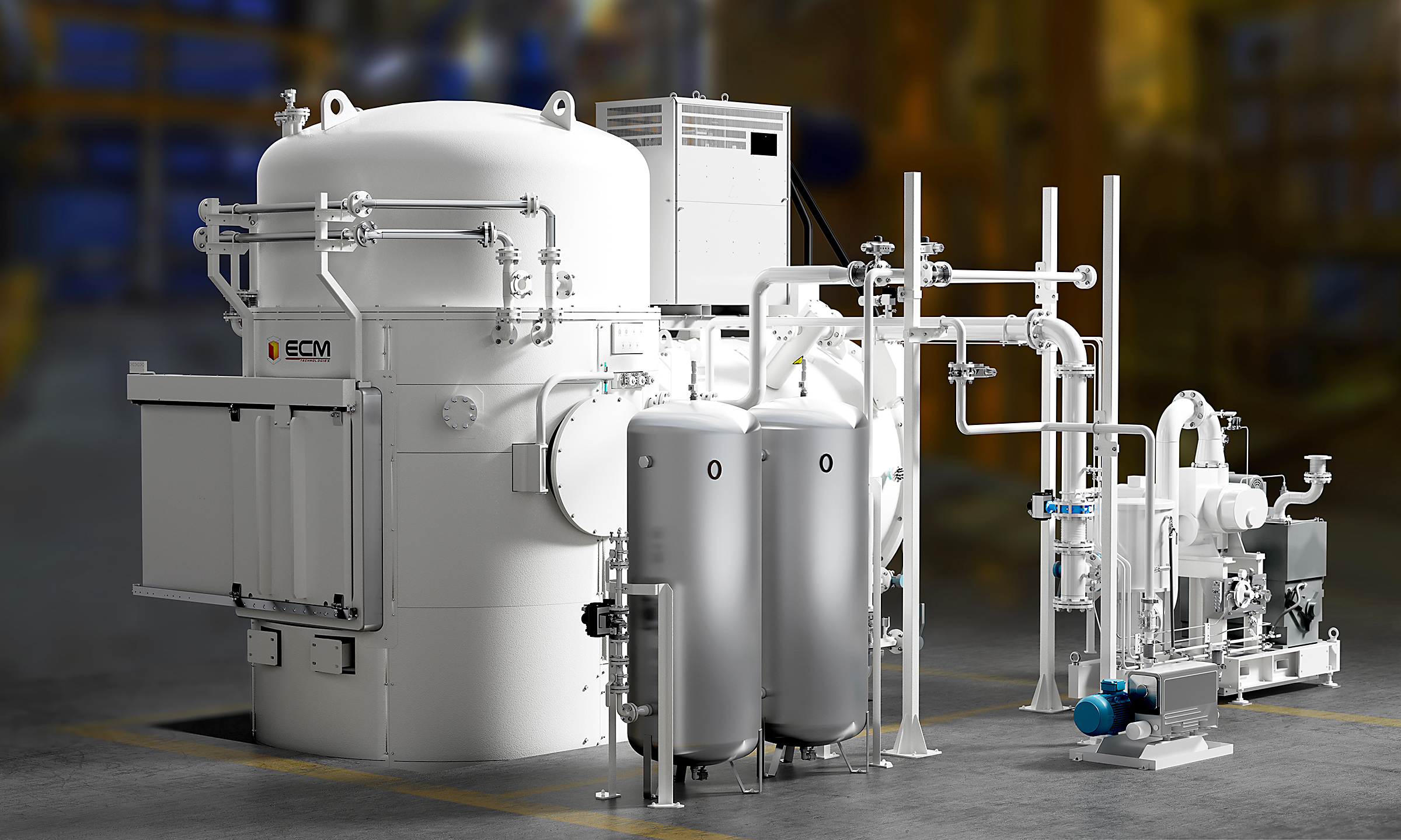
The ECO System
Adding to that impressive resume of products and services is ECM’s recently introduced ECO furnace line that’s being developed to help the existing heat treater with replacing integral quench or sealed quench furnaces.
The new technology can offer functions such as vacuum carburizing or vacuum hardening done with a lower carbon footprint without the huge investment of replacing all of their heat-treating furnaces in order to install new vacuum furnaces, according to Beauchesne.
“This ECO line will take out a 36-by-48 IQ available by a number of global suppliers,” he said. “You can place an ECO system in line with those existing furnaces, temper ovens, washers, and more.”
The ECO line provides an alternative for traditional heat treaters when it comes time to upgrade their 30- or 40-year-old furnaces, according to Beauchesne.
“If they want to move into new technologies, but they feel like they don’t want to get rid of all their furnaces and buy a new line, then this ECO line breaks the barrier between a standard IQ atmosphere furnace to get you into a vacuum furnace that has all the advantages of vacuum,” he said. “You don’t have any flames in the plant coupled with a very high level of safety, while reducing your carbon footprint by hundreds and thousands of pounds of carbon.”
The ECO line, which was introduced at Furnaces North America earlier this year, already has people talking, according to Beauchesne.
With all that it offers to the heat-treat industry, it’s important to note that ECM’s core mission is to integrate equipment into heat-treat plants but also to keep them serviceable 24 hours a day, seven days a week — a task the company has performed exceptionally well for decades.
“That’s one of our biggest achievements,” Beauchesne said. “We emphasize a lot to potential customers that we have quite a bit of equipment in the automotive industry running 24/7. There’s a lot of support that you need to have, not only from project management in the planning phase, but electrically and mechanically, and also, after implementation, you have to support them and never have them go down.”
MORE INFO www.ecm-usa.com




